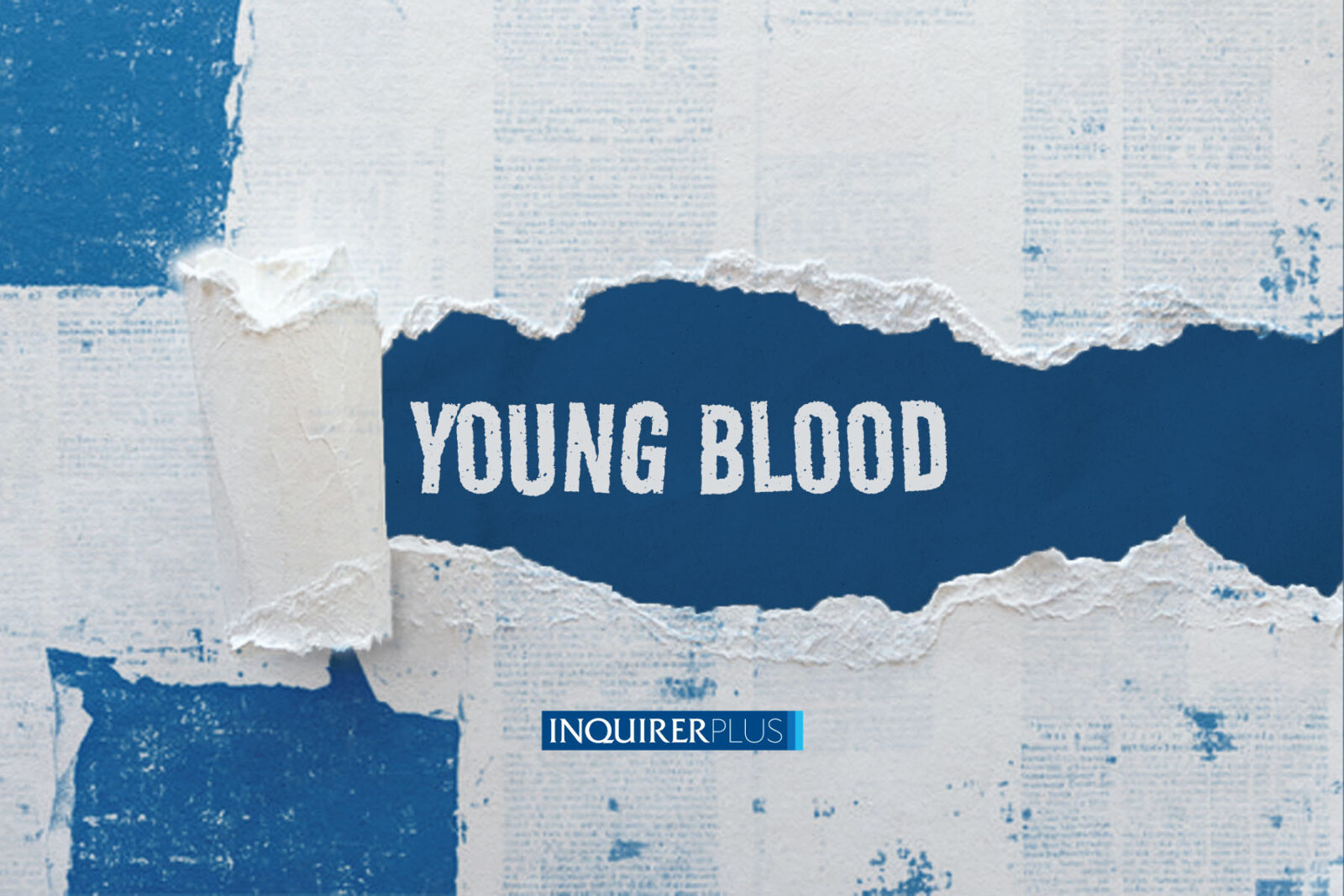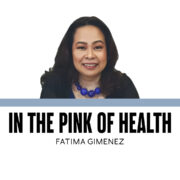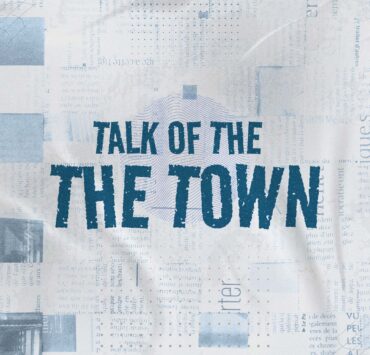The other meaning of LGBT

Growing up in the church, my earliest memories are filled with the scent of old wooden pews, the sound of hymns echoing off the walls, and the solemn rituals that shaped my understanding of holiness.
I was a child who loved the sacred, the pageantry of worship, the mystery of prayer, the stories of prophets and promise. But even then, before I had the words to name it, I also knew I was different. I was queer.
I was immersed in the rituals and rhythms of faith. I knew the order of worship by heart, memorized verses before I could spell “salvation,” and sang hymns with a voice I hoped sounded strong enough to drown out the confusion inside me. And in the same breath that I learned about divine love, I also learned to fear divine disappointment. From a young age, I felt a call to serve, but I also felt a deep and unspoken fear: what if God didn’t want me as I am?
There was always a tension I couldn’t shake, a quiet dissonance that followed me like a shadow. I believed, deeply, that God loved the world. Yet, I wasn’t sure if that love extended to me, a boy who moved too gently, who didn’t fit the mold of what “a man of God” was supposed to be. I was a queer child raised in a space where holiness often looked like conformity.
The people around me preached about love, but that love seemed to come with conditions. I believed, or rather, hoped that if I served God diligently enough, He might change me. I hoped and prayed that if I worked diligently in His vineyard, something would shift. That maybe, just maybe, through service, I could earn my way into “normalcy.”
I used to believe that my queerness was a burden, a sickness I could cure by being holy. I convinced myself that if I sang loud enough in the choir, memorized enough scripture, volunteered at enough retreats, then the “wrongness” would disappear. That somehow, my servanthood could be the price I paid for being gay. That perhaps, God would trade my diligence for deliverance, not from sin, but from who I was.
There were people in the church who fed this belief, who affirmed that fear. They never said the word “hate” aloud, but it lingered in the silence when I walked into the room, in the half-hearted greetings, in the pointed sermons about Sodom that always felt a little too timely. Some wanted to change me. Others wanted me gone. Most simply wanted me silent. I was welcome only if I left a part of myself at the door.
And yet this is not the end of the story, because in the cracks of rejection, grace broke through.
Because for every voice that condemned, there were others who offered grace. For every side-eye, there was a hand extended in compassion. Slowly, I came to understand that the love of God is not exclusive. It is not bound by human discomfort or cultural norms. It does not stop at the threshold of queerness.
Our church believes in the Triune God: Creator, Redeemer, Sustainer—or as we often say, God the Father, the Son, and the Holy Spirit. But we understand that these names are not about divine gender; they are about divine activity. We worship not because of who God is in form, but because of what God does in love. And if we believe that, then surely, God looks beyond gender, beyond orientation, beyond binaries.
Right now, I no longer serve to be healed of my identity. I serve because of it. Because I am a queer child of God, continuing the sacred work of declaring and working for a new heaven and a new earth. A realm where the hungry are fed, where healing is offered to the sick, where light is given to the blind, and where liberation is proclaimed to the captive and the oppressed.
And I believe, truly, that LGBT also means Let Grace Be Total. Because grace, in the economy of God, makes no exceptions. It reaches every identity, every orientation, every brokenness and every beauty. It is grace that makes room at the table for the tax collector, the leper, the Samaritan—and the queer.
My queerness does not stand in opposition to my faith; it enriches it. It gives me a unique lens through which I see the Gospel, not just as a message of personal salvation, but as a radical invitation to justice, to inclusion, and to love without condition.
I no longer ask God to change me. I ask God to use me, just as I am, in the service of that greater vision.
——————-
Emil John Valenzuela, 24, is a University of the Philippines Los Baños alumnus, an activist, and a youth leader in Christian Youth Fellowship.

















